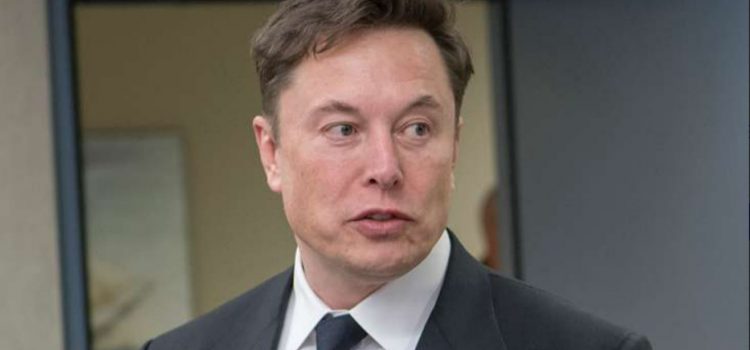
This is a free excerpt from one of Shortform’s Articles. We give you all the important information you need to know about current events and more.
Don't miss out on the whole story. Sign up for a free trial here .
What key changes has Elon Musk made to Twitter? What has their impact been on users and the platform? Is Elon Musk ruining Twitter?
After purchasing Twitter for $44 billion, changes Musk has made to Twitter have ruffled the feathers of a broad array of users and compromised the platform’s functionality and long-term viability. The company is now worth less than half of what Musk paid for it.
Keep reading for a look at the changes Musk has made and a look at their impact.
Elon Musk’s Impact on Twitter
Six months ago, Elon Musk bought Twitter for $44 billion. Changes he’s made to the app have ruffled the feathers of a broad array of users and compromised the platform’s functionality and long-term viability. The company is now worth less than half of what Musk paid for it. This left many people are now asking, “Is Elon Musk ruining Twitter?”
Twitter‘s History
Experts say that at the height of Twitter’s cultural prominence, between 2015 and 2020, people around the globe turned to the app for breaking news and analysis of any and every conversation of social and political relevance. Twitter’s cultural power and influence were perhaps no more evident than in former president Donald Trump’s unprecedented use of the app to make policy announcements.
But today, some argue, Twitter has lost its cachet as the place to be and be heard—destabilized by key changes Elon Musk has made to the platform that reduce its credibility, reliability, and functionality, including the following:
Change 1: Ranking algorithm adjustment. Twitter’s primary newsfeed used to offer a balanced mix of tweets from ordinary people, celebrities, and politicians who users voluntarily followed. Today, the app’s default newsfeed promotes an algorithmically-curated stream of tweets from a smaller number of people who users don’t follow—including Musk.
Change 2: Phase out of blue check marks and shift to Twitter Blue. Twitter used to verify the identities of prominent users with a blue check mark at the top of their profiles. The check mark enabled the Twitter community to distinguish between verified users and people with hoax accounts pretending to be them. This prevented problematic scenarios like someone passing themselves off as the US president, tweeting that they just launched a nuclear missile, and starting World War III.
Musk is now replacing blue check marks with Twitter Blue, a revenue-generating service he hopes will help right the company. For $8.00 a month, anyone can buy a Twitter Blue badge—effectively erasing the identity verification system.
Change 3: Content moderation policy dismantling. Upon taking over Twitter, in the name of free speech, Musk reinstated accounts of users suspended and banned for harassment, promoting dis- or misinformation, and other behavior fueling hate speech and violence. Musk has shown little commitment to a coherent content moderation policy since then, at times himself tweeting conspiracy theories.
Change 4: Mass layoffs. To save money, Musk fired 80% of the company’s nearly 8,000-person staff, reducing it to a skeletal crew of 1,500.
The Impact of Musk’s Changes
Some argue that Musk has eroded Twitter’s status as the single most important and reliable place to go for breaking news and analysis by:
- Amplifying the platform’s algorithmically-curated newsfeed and voices of those who pay for a Twitter Blue badge.
- Diminishing the presence, reputation, and credibility of media outlets—many have said they won’t pay for a Twitter Blue badge, some because Musk inaccurately labeled them “government-funded media.”
Experts further say that Musk’s weak content moderation policies have alienated advertisers, leading to a 40% revenue drop, by creating a broad perception that users (including Musk), can post racist, sexist, and other damaging speech without penalty.
Finally, users and staff argue that these changes and Musk’s massive workforce reduction have compromised the platform’s functionality and Twitter’s long-term viability.
Twitter’s Future
Some assert that Twitter’s survival in the months ahead depends upon Musk’s ability to build new relationships with advertisers, who historically accounted for 90% of the platform’s revenue. But others contend that Musk’s changes have damaged the platform beyond repair.

Want to fast-track your learning? With Shortform, you’ll gain insights you won't find anywhere else .
Here's what you’ll get when you sign up for Shortform :
- Complicated ideas explained in simple and concise ways
- Smart analysis that connects what you’re reading to other key concepts
- Writing with zero fluff because we know how important your time is






